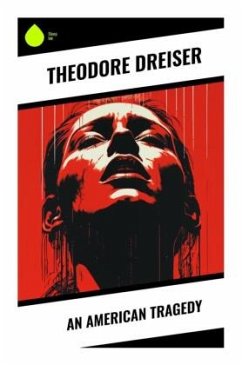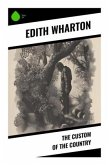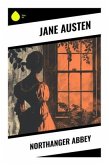In "An American Tragedy," Theodore Dreiser weaves a poignant tale of ambition, morality, and the inexorable pull of fate against the backdrop of early 20th-century America. This novel, characterized by its naturalistic style, paints a stark and unvarnished picture of society's complexities, delving deep into the psyche of its protagonist, Clyde Griffiths. As Clyde grapples with his desires and delusions, the text explores the societal pressures of class and the tumultuous quest for the American Dream, culminating in a harrowing conflict that reflects the moral ambiguity of a rapidly changing world. Theodore Dreiser, a pivotal figure in American literature, was deeply influenced by his own experiences of poverty and ambition. Born in 1871 in a impoverished family, Dreiser's encounters with the harsh realities of life often informed his literary voice, leading him to explore themes of social injustice and existential dread. "An American Tragedy," published in 1925, presents a culmination of Dreiser's exploration of the darker aspects of human experience amidst the relentless pursuit of success. Readers seeking a profound exploration of ambition's consequences and the ethical dilemmas arising from social stratification will find "An American Tragedy" indispensable. Dreiser masterfully crafts a narrative that resonates with contemporary readers, urging them to reflect on the perennial tensions between aspiration and morality in pursuit of the elusive American Dream.
Bitte wählen Sie Ihr Anliegen aus.
Rechnungen
Retourenschein anfordern
Bestellstatus
Storno








